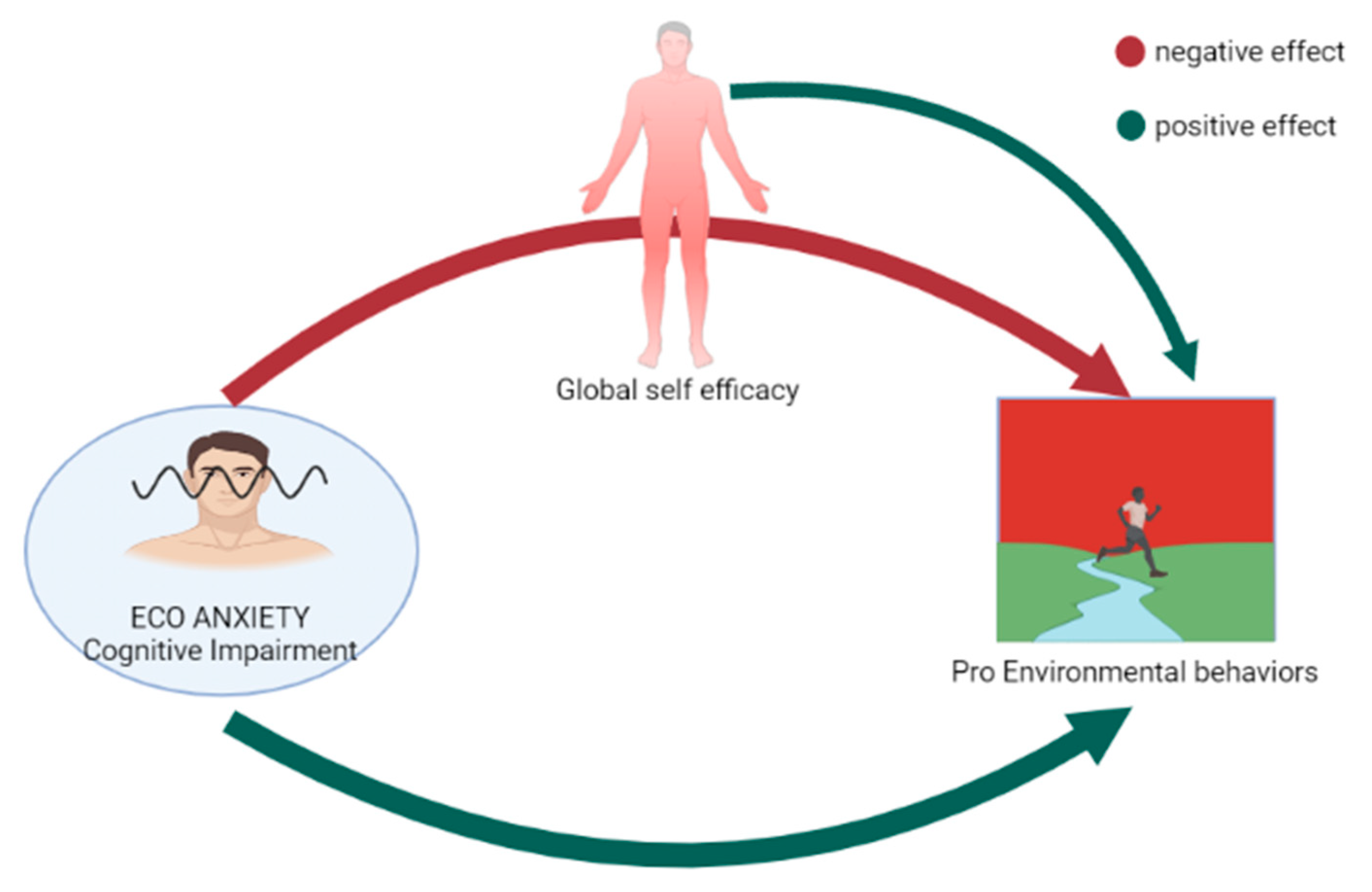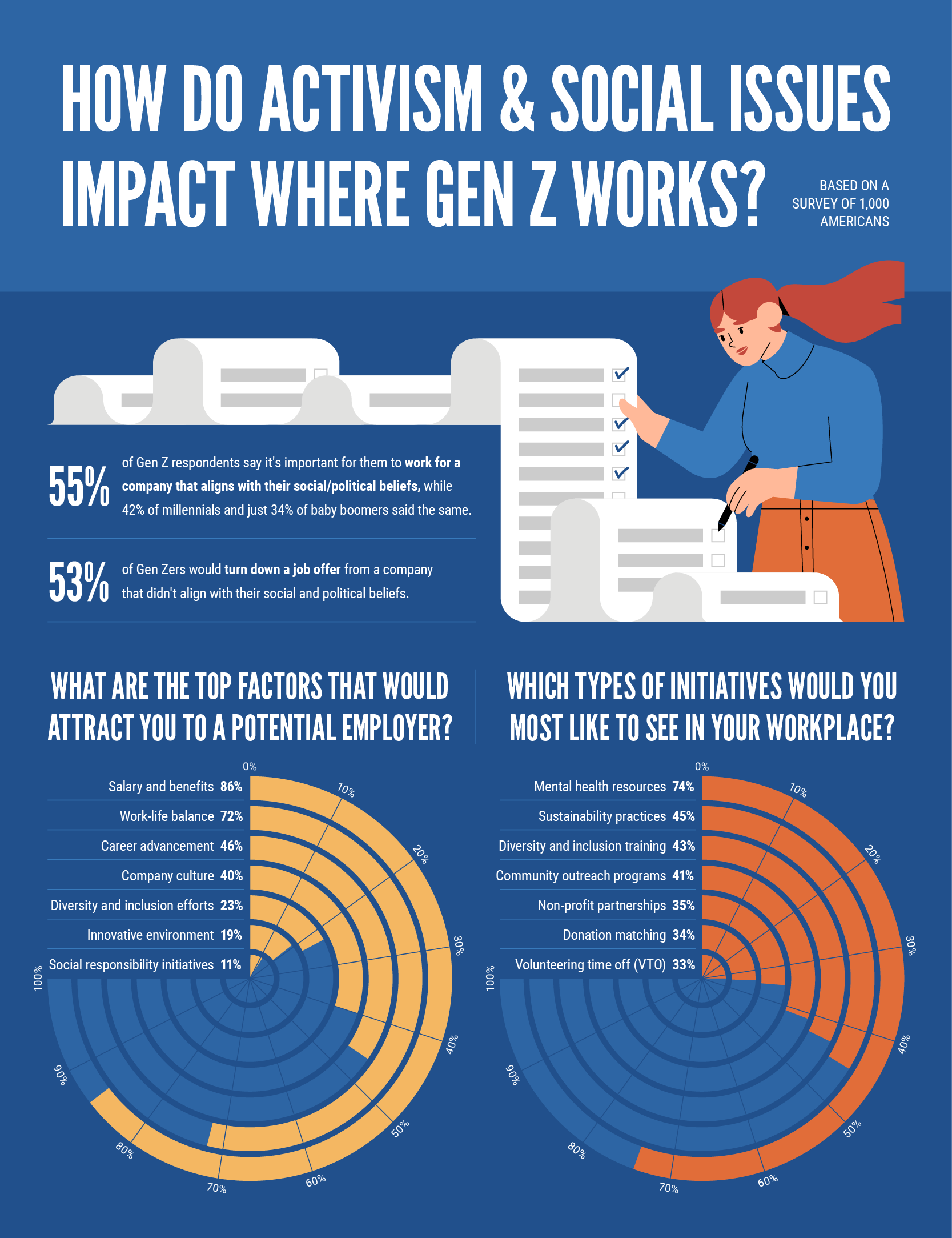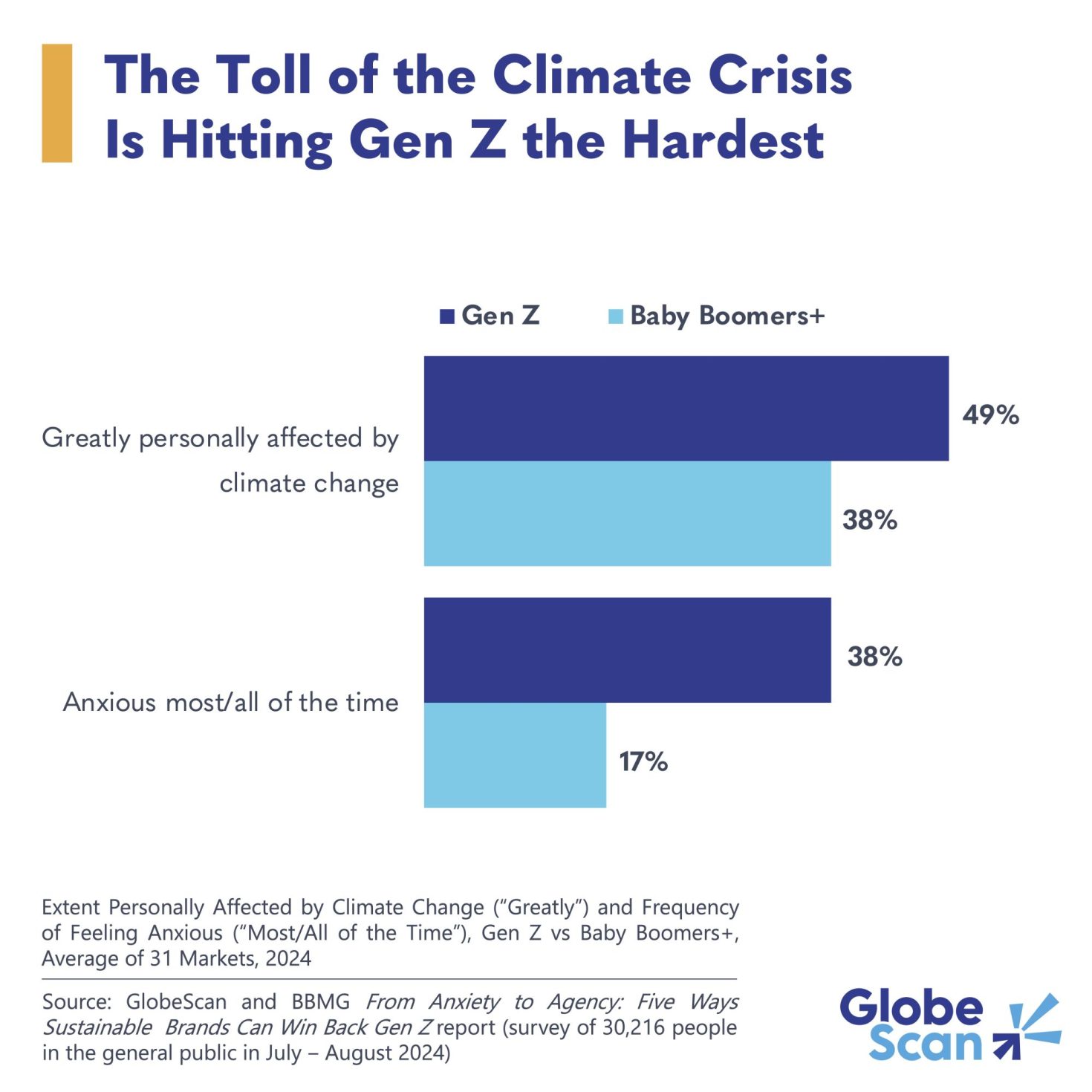How environmental education reduces eco-anxiety among younger generations

The growing concern about climate change and environmental degradation has led to a surge in eco-anxiety among younger generations. As they inherit a planet facing unprecedented ecological challenges, many young people are experiencing feelings of fear, worry, and hopelessness. However, environmental education has emerged as a potential solution to mitigate this eco-anxiety. By empowering young people with knowledge, skills, and a deeper understanding of the natural world, environmental education can help alleviate their concerns and foster a sense of agency and optimism. This can be achieved through various educational approaches and strategies.
- Empowering Young Minds: The Role of Environmental Education in Mitigating Eco-Anxiety
-
Fostering a Sustainable Future: The Impact of Environmental Education on Mitigating Eco-Anxiety in Youth
- Can environmental education mitigate climate change anxiety and foster pro-environmental behaviors in young people?
- The Impact of Environmental Education on Climate Change Anxiety
- Fostering Pro-Environmental Behaviors through Education
- The Role of Emotional Support in Environmental Education
- What role does social justice awareness play in shaping the mental wellbeing of Gen Z amidst growing environmental concerns?
- The Intersection of Social Justice and Environmental Concerns
- The Emotional Toll of Social Justice Awareness
- Fostering Resilience and Hope
- What impact does environmental education have on Gen Z's perception and anxiety related to climate change?
- Understanding Climate Change
- Influencing Perceptions and Attitudes
- Managing Climate Anxiety
- Frequently Asked Questions
Empowering Young Minds: The Role of Environmental Education in Mitigating Eco-Anxiety
Environmental education has emerged as a crucial tool in addressing the growing concern of eco-anxiety among younger generations. As the world grapples with the challenges of climate change, environmental degradation, and biodiversity loss, young people are increasingly feeling overwhelmed and anxious about their future. However, by integrating environmental education into school curricula and community programs, we can empower young minds with the knowledge, skills, and confidence to address these pressing issues.
Building Awareness and Understanding
Environmental education helps young people develop a deeper understanding of the natural world and the impact of human activities on the environment. By learning about ecological principles, conservation, and sustainability, young people can gain a more nuanced perspective on environmental issues and develop a sense of responsibility towards the planet. This awareness can help alleviate eco-anxiety by providing a sense of control and agency over their own actions and choices.
Fostering Environmental Literacy and Action
Environmental education goes beyond mere awareness-raising, equipping young people with the skills and knowledge to take action on environmental issues. By learning about sustainable practices, conservation strategies, and environmental policies, young people can develop a sense of empowerment and confidence in their ability to make a positive impact. This, in turn, can help mitigate eco-anxiety by providing a sense of purpose and direction.
Promoting Emotional Resilience and Well-being
Environmental education can also play a critical role in promoting emotional resilience and well-being among young people. By fostering a connection with nature and encouraging outdoor learning experiences, environmental education can help young people develop a sense of calm and well-being. This can be particularly important for young people who may be experiencing eco-anxiety, as it provides a healthy coping mechanism and a sense of perspective.
| Benefits of Environmental Education | Description |
|---|---|
| Increased Environmental Awareness | Develops a deeper understanding of the natural world and the impact of human activities on the environment |
| Empowerment through Action | Equips young people with the skills and knowledge to take action on environmental issues |
| Emotional Resilience and Well-being | Fosters a connection with nature and promotes emotional well-being |
Fostering a Sustainable Future: The Impact of Environmental Education on Mitigating Eco-Anxiety in Youth
Can environmental education mitigate climate change anxiety and foster pro-environmental behaviors in young people?

Environmental education can play a vital role in addressing climate change anxiety and promoting pro-environmental behaviors in young people. By educating young individuals about the causes and consequences of climate change, environmental education can empower them with the knowledge and skills necessary to take action.
The Impact of Environmental Education on Climate Change Anxiety
Environmental education can help alleviate climate change anxiety by providing young people with a sense of control and agency over their environment. When young individuals understand the issues surrounding climate change, they are more likely to feel motivated to make a positive impact. This can lead to a reduction in feelings of anxiety and hopelessness.
- Understanding the science behind climate change can demystify the issue and reduce fear.
- Learning about successful environmental initiatives and projects can inspire young people to take action.
- Engaging in hands-on environmental activities can foster a sense of accomplishment and confidence.
Fostering Pro-Environmental Behaviors through Education
Environmental education can encourage young people to adopt pro-environmental behaviors by teaching them about the importance of conservation and sustainability. By incorporating hands-on learning experiences and real-world examples, environmental education can help young individuals develop a deeper appreciation for the natural world and a desire to protect it.
- Learning about the impact of daily choices on the environment can encourage young people to make more sustainable decisions.
- Participating in environmental projects and initiatives can foster a sense of community and promote collective action.
- Developing skills such as critical thinking and problem-solving can empower young people to address environmental challenges.
The Role of Emotional Support in Environmental Education
Emotional support is a crucial component of environmental education, as it can help young people manage their emotions and develop resilience in the face of climate change. By providing a supportive and nurturing environment, educators can help young individuals process their feelings and develop coping strategies.
- Creating a safe space for discussion and reflection can help young people process their emotions related to climate change.
- Fostering a sense of connection to nature can promote emotional well-being and resilience.
- Encouraging young people to focus on solutions rather than problems can help them develop a more positive outlook.

Social justice awareness plays a significant role in shaping the mental wellbeing of Gen Z amidst growing environmental concerns. As the most environmentally conscious generation, Gen Z is deeply invested in understanding and addressing the impact of human activities on the planet. Their awareness of social justice issues, including environmental justice, is closely tied to their mental wellbeing, as they grapple with the emotional toll of climate change, inequality, and social injustice.
The intersection of social justice and environmental concerns is a critical factor in shaping Gen Z's mental wellbeing. As they become increasingly aware of the disproportionate impact of environmental degradation on marginalized communities, Gen Z individuals are more likely to experience feelings of anxiety, frustration, and despair. This awareness can also motivate them to take action, fostering a sense of purpose and agency. Some key aspects of this intersection include:
- The recognition that environmental issues are often deeply intertwined with social justice concerns, such as racial and economic inequality.
- The understanding that climate change is not just an environmental issue, but also a human rights issue, as it disproportionately affects vulnerable populations.
- The acknowledgment that addressing environmental concerns requires a holistic approach that takes into account the social and economic contexts in which they occur.
The emotional toll of social justice awareness on Gen Z's mental wellbeing cannot be overstated. As they confront the harsh realities of environmental degradation and social injustice, Gen Z individuals may experience a range of emotions, from sadness and anger to hopelessness and despair. This emotional toll can be mitigated by fostering a sense of community and solidarity, as well as providing access to resources and support. Some key factors that contribute to the emotional toll of social justice awareness include:
- The constant exposure to distressing news and images related to environmental degradation and social injustice.
- The feeling of powerlessness and frustration that can arise when individuals feel that their actions are not making a meaningful difference.
- The pressure to constantly be aware of and engaged with social justice issues, which can be exhausting and draining.
Fostering Resilience and Hope
Fostering resilience and hope is critical to supporting Gen Z's mental wellbeing amidst growing environmental concerns. By acknowledging the emotional toll of social justice awareness and providing access to resources and support, we can help Gen Z individuals develop the resilience and coping strategies they need to navigate these challenges. Some key strategies for fostering resilience and hope include:
- Encouraging self-care and prioritizing mental health.
- Fostering a sense of community and solidarity among Gen Z individuals.
- Providing opportunities for Gen Z to engage in meaningful action and activism, which can help to build a sense of purpose and agency.

Environmental education has a profound impact on Gen Z's perception and anxiety related to climate change. By incorporating comprehensive environmental education into school curricula, Gen Z individuals gain a deeper understanding of the causes and effects of climate change, which can influence their perceptions and emotional responses to the issue.
Understanding Climate Change
Environmental education helps Gen Z develop a nuanced understanding of climate change by teaching them about its scientific basis, impacts on ecosystems, and the role of human activities in exacerbating the problem. This knowledge enables them to grasp the complexity of the issue and its far-reaching consequences.
- They learn about the greenhouse effect and how human activities such as burning fossil fuels contribute to global warming.
- They understand the impacts of climate change on biodiversity, including rising sea levels and altered ecosystems.
- They become aware of the social and economic implications of climate change, such as displacement of communities and loss of livelihoods.
Influencing Perceptions and Attitudes
Environmental education not only informs Gen Z about climate change but also shapes their perceptions and attitudes towards the issue. By learning about climate change through an educational lens, they are more likely to develop a sense of concern and responsibility.
- They begin to see climate change as a pressing global issue that requires immediate attention and action.
- They develop a greater appreciation for the interconnectedness of human and natural systems.
- They become more inclined to adopt environmentally conscious behaviors and lifestyles.
Managing Climate Anxiety
Environmental education can also play a role in mitigating climate anxiety among Gen Z individuals. By providing them with knowledge and skills to address climate change, environmental education can empower them to take action and feel more in control.
- They learn about climate change mitigation and adaptation strategies, such as reducing carbon emissions and promoting sustainable land use.
- They develop skills to engage in climate activism and advocacy, which can help them feel more connected to their community.
- They become more aware of the importance of mental health and self-care in the face of climate change.
Frequently Asked Questions
What is eco-anxiety and how does it affect younger generations?
Eco-anxiety refers to the emotional distress caused by the environmental crisis. Younger generations are disproportionately affected as they are more aware of environmental issues through social media and education. This anxiety can lead to feelings of hopelessness, fear, and despair, impacting their mental health and well-being, and potentially influencing their future choices and behaviors.
How does environmental education help alleviate eco-anxiety?
Environmental education empowers younger generations by providing them with knowledge and skills to address environmental issues. By understanding the causes and consequences of environmental problems, they can develop a sense of control and agency. This education fosters a positive and proactive approach, enabling them to make informed decisions and take action, thereby reducing feelings of anxiety and helplessness.
What aspects of environmental education are most effective in reducing eco-anxiety?
Effective environmental education focuses on solutions, action, and community engagement. It encourages hands-on experiences, such as conservation projects, and promotes a sense of community and collective responsibility. By shifting the focus from problems to solutions, environmental education helps younger generations develop a sense of purpose and empowerment, reducing eco-anxiety and promoting a positive outlook.
Can environmental education be integrated into existing curricula to reduce eco-anxiety?
Yes, environmental education can be seamlessly integrated into existing curricula across various subjects, such as science, social studies, and language arts. This integration enables a holistic approach, incorporating environmental issues into the learning process, and promoting a deeper understanding of the interconnectedness of human and natural systems, ultimately helping to alleviate eco-anxiety among younger generations.

Leave a Reply